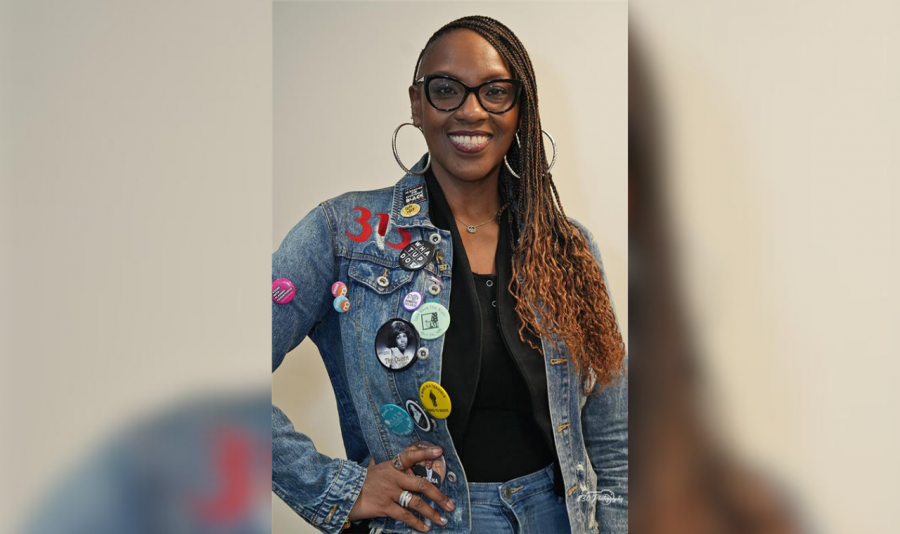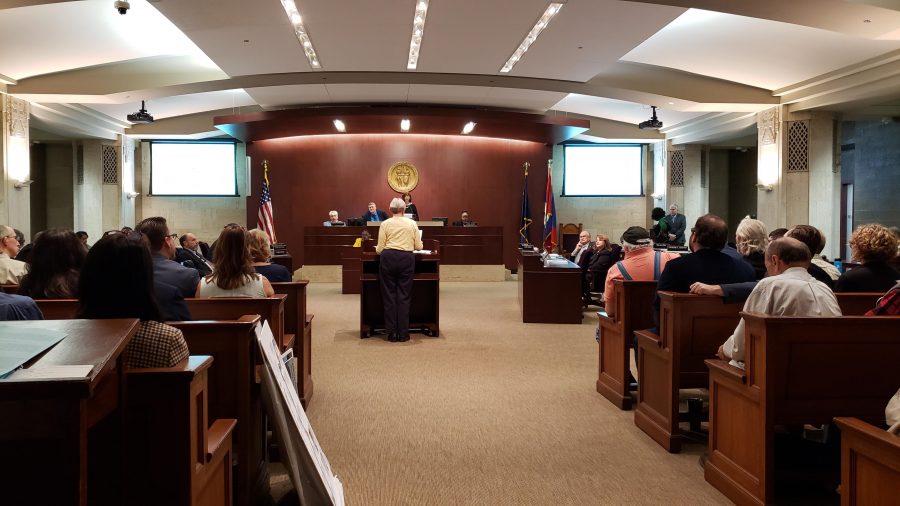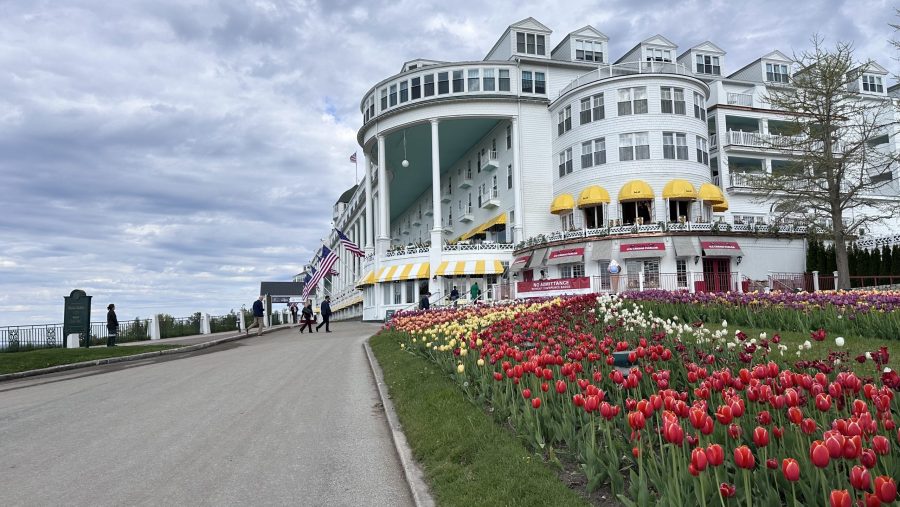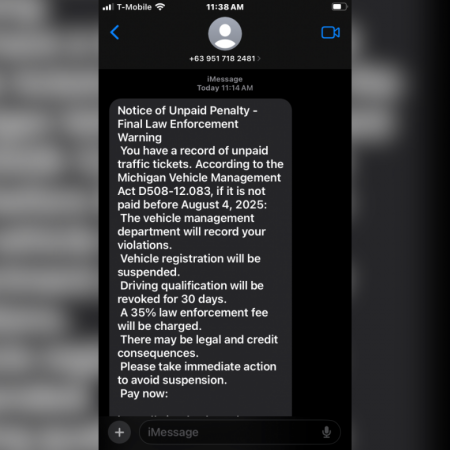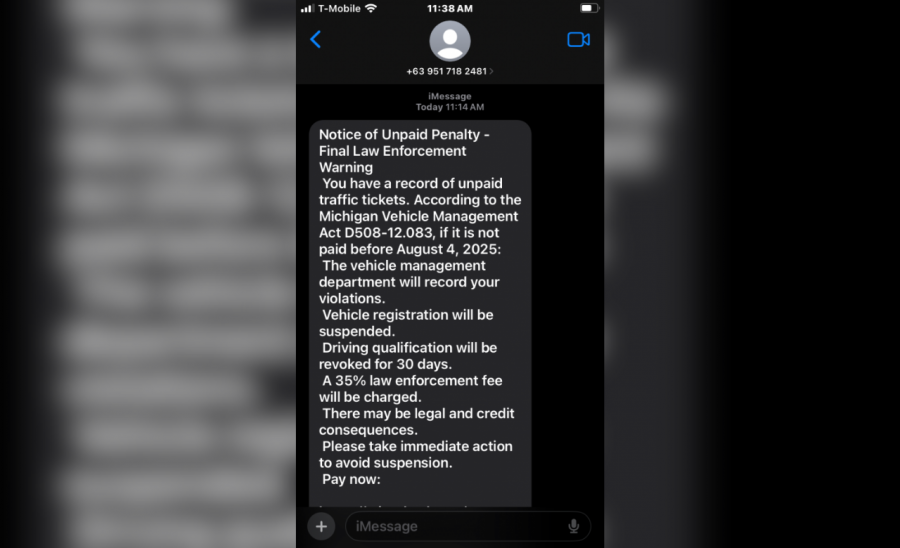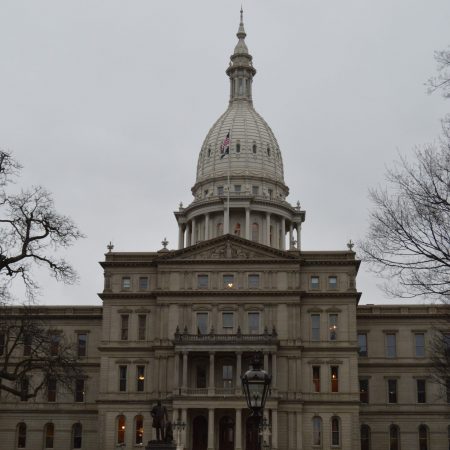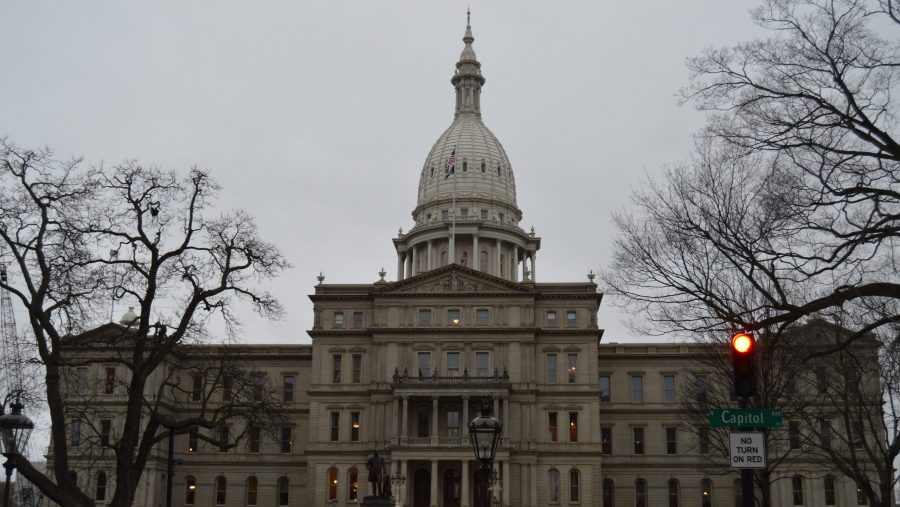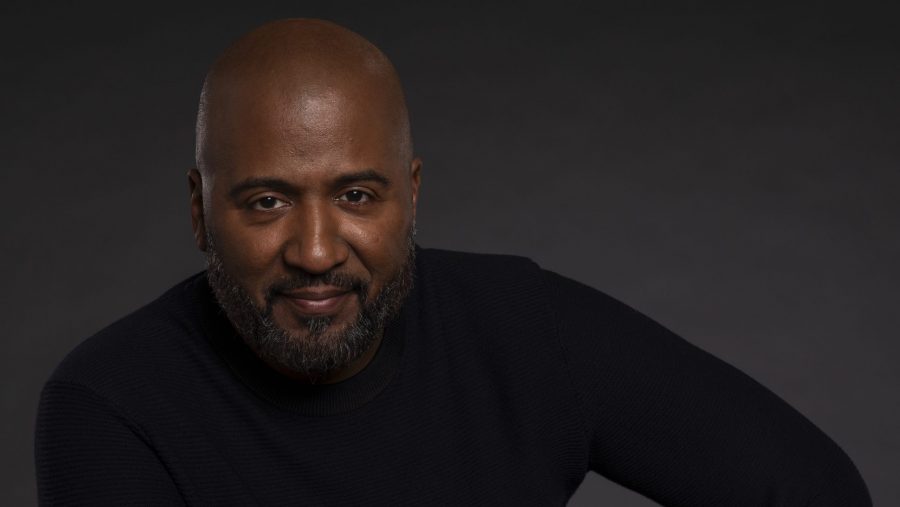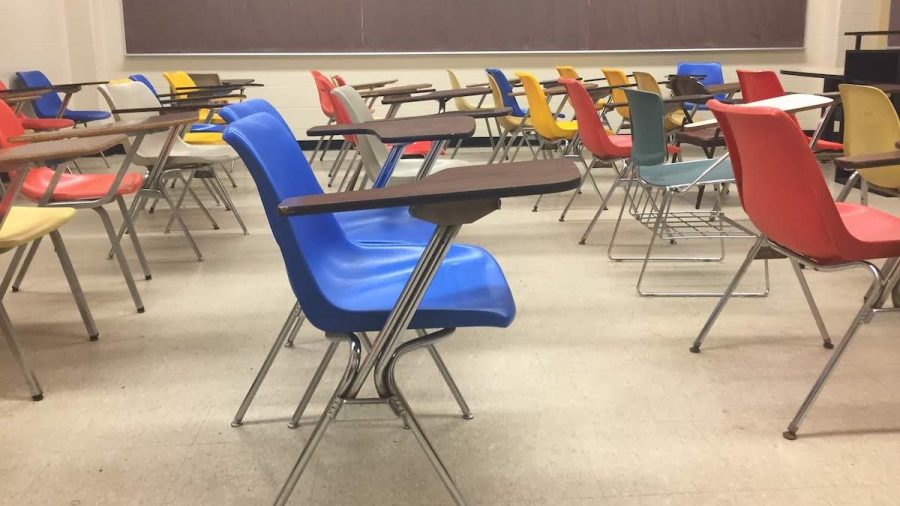The Metro: Cracks showing in the Detroit-Windsor economy
Detroit and Windsor’s economies are intimately connected. On a typical day, thousands of trucks cross the Detroit River with parts that may cross back again several times before a single car rolls off the line.
But that rhythm is off.
New tariffs and shifting border rules have fueled uncertainty, and you can see it in fewer trucks and feel it in prices. The port handled about 1.4 million inbound trucks last year, down from over one and half million the year before. The flow has been wobbling through 2025.
Canadian travel to the U.S. has also slumped this summer, draining foot traffic from border businesses. A new crossing, the Gordie Howe International Bridge, could add capacity later this year, but the rules at the booth still set the tempo.
Marta Leardi-Anderso, executive director of the Cross-Border Institute at the University of Windsor, joined The Metro to unpack the mechanics and the human impact of President Trump’s tariffs on Canadian goods.
Subscribe to The Metro on Apple Podcasts, Spotify, NPR.org or wherever you get your podcasts.
Listen to The Metro weekdays from 10 a.m. to noon ET on 101.9 FM and streaming on demand.
Trusted, accurate, up-to-date.
WDET strives to make our journalism accessible to everyone. As a public media institution, we maintain our journalistic integrity through independent support from readers like you. If you value WDET as your source of news, music and conversation, please make a gift today.Donate today »
More stories from The Metro
The post The Metro: Cracks showing in the Detroit-Windsor economy appeared first on WDET 101.9 FM.





